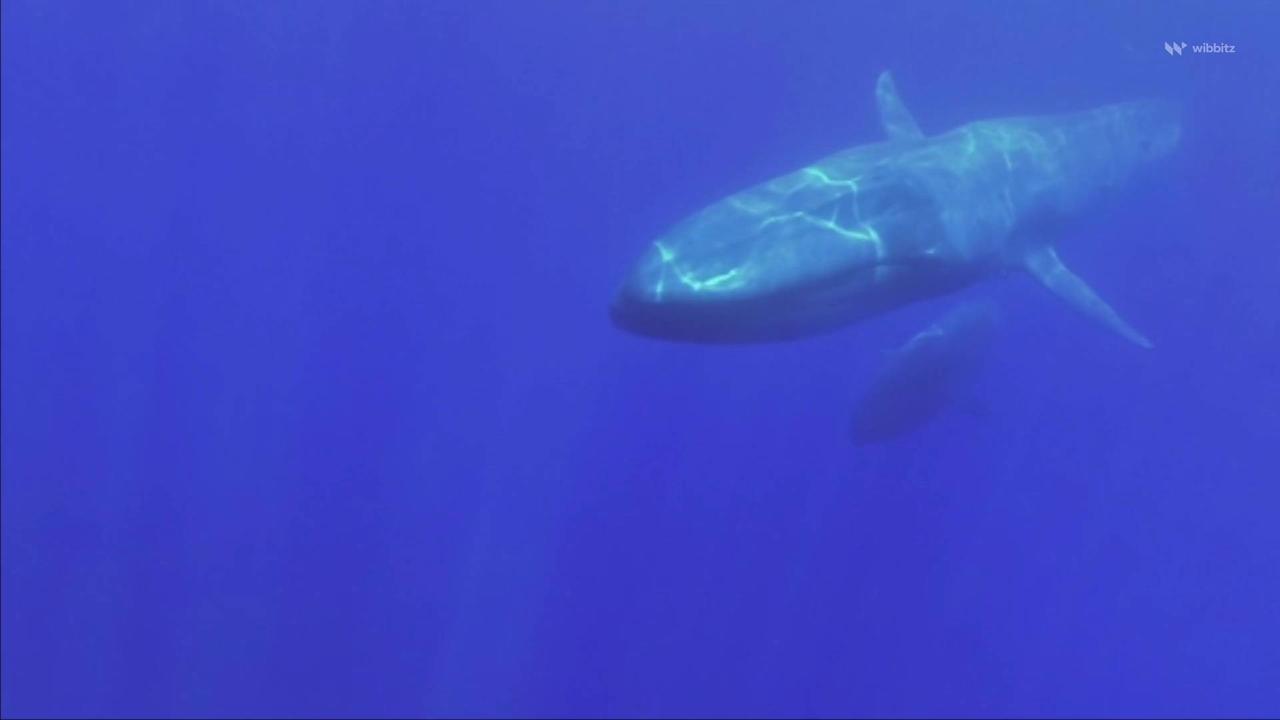
NOAA Announces Alarming Spike , in Stranded and Dead Whales , Washing Ashore.
'Newsweek' reports that in recent weeks, there has been an "unusual" spike in the number of stranded and dead whales washing ashore.
'Newsweek' reports that in recent weeks, there has been an "unusual" spike in the number of stranded and dead whales washing ashore.
A notable number of these strandings have reportedly occurred on the East Coast of the U.S. Strandings occur for either natural reasons like age or disease or human-related factors such as vessel collisions or ocean noise.
, Kate Wilson, a spokesperson for the International Whaling Commission, via 'Newsweek'.
Strandings occur for either natural reasons like age or disease or human-related factors such as vessel collisions or ocean noise.
, Kate Wilson, a spokesperson for the International Whaling Commission, via 'Newsweek'.
Some strandings occur due to a combination of factors and it's often very difficult to identify the cause of a stranding, Kate Wilson, a spokesperson for the International Whaling Commission, via 'Newsweek'.
According to the National Oceanic and Atmospheric Administration (NOAA), there have been nine whale strandings since December 1, 2022.
Among those strandings were two sperm whales and seven humpback whales.
There's concern recently about this increased number and all of these happening in a relatively tight geographic area and time.
, Sarah Wilkin, coordinator of the Marine Mammal Health and Stranding Response Program of the NOAA Fisheries Office of Protected Resources, via 'Newsweek'.
NOAA fisheries have reported 178 humpback whales involved with this "unusual mortality event" since 2016.
There are also ongoing unusual mortality events for minke whales in the North Atlantic and North Atlantic right whales along the Atlantic coast.
, Sarah Wilkin, coordinator of the Marine Mammal Health and Stranding Response Program of the NOAA Fisheries Office of Protected Resources, via 'Newsweek'.
So unfortunately, it's been a period of several years, where we have had elevated strandings of large whales.
But we are still concerned about this pulse over the past six weeks or so, Sarah Wilkin, coordinator of the Marine Mammal Health and Stranding Response Program of the NOAA Fisheries Office of Protected Resources, via 'Newsweek'.
So unfortunately, it's been a period of several years, where we have had elevated strandings of large whales.
But we are still concerned about this pulse over the past six weeks or so, Sarah Wilkin, coordinator of the Marine Mammal Health and Stranding Response Program of the NOAA Fisheries Office of Protected Resources, via 'Newsweek'
